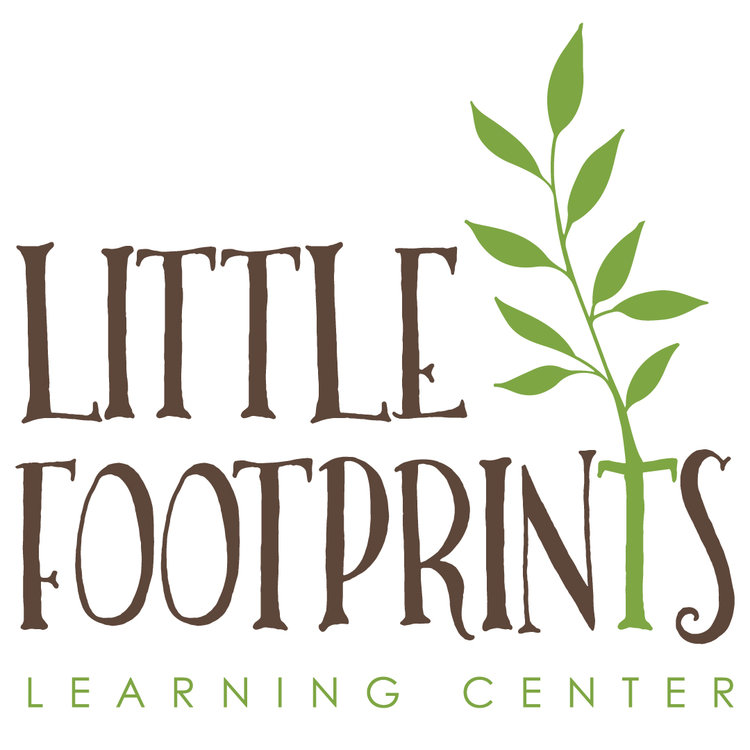Philosophy
Our philosophy is to provide care in a stimulating and homelike environment where children can learn and develop through their explorations and play. Little Footprints’ programs for infants through preschool respect the individuality of each child and foster the development of each child’s emotional, intellectual, physical, and social skills through age-appropriate activities, equipment, and materials.
In all that we do, we put the child’s needs first – in our space design, in our program planning, in our selection of materials/equipment, and in our choice of experiences and activities.
Our focus is the child.
When planning the day, we observe and listen.
Children “tell” us just what they need – by crying, cooing, laughing. talking, dancing, and even acting out – and we need to listen to their language.
We take our cues from them. At Little Footprints, children often lead and we follow their lead by providing materials and equipment that will enhance whatever it is they are doing. We give them the freedom to make choices, to use their imaginations, to solve problems, to move, to take risks, to think, to make decisions, and to explore all that is waiting to be explored.
We believe that children need a day that suits their particular temperament and pace, with people who provide assurance, comfort, and support.
We value children for what they CAN DO – right now. We celebrate achievements! We focus on the present, and enjoy each age and stage of growth and development.
Little Footprints is an environment-based program for care and learning. We believe that the two are inseparable. Children learn from the entire experience the day provides. The way time and space are planned, the furnishings, the equipment and materials, and all the ways adults and children behave, teach the child what the world is like, how it works, what the child is capable of, and his/her place in it.
We respect parents as the most important people in their child’s life and work in partnership with them in order to meet the child’s individual needs.
